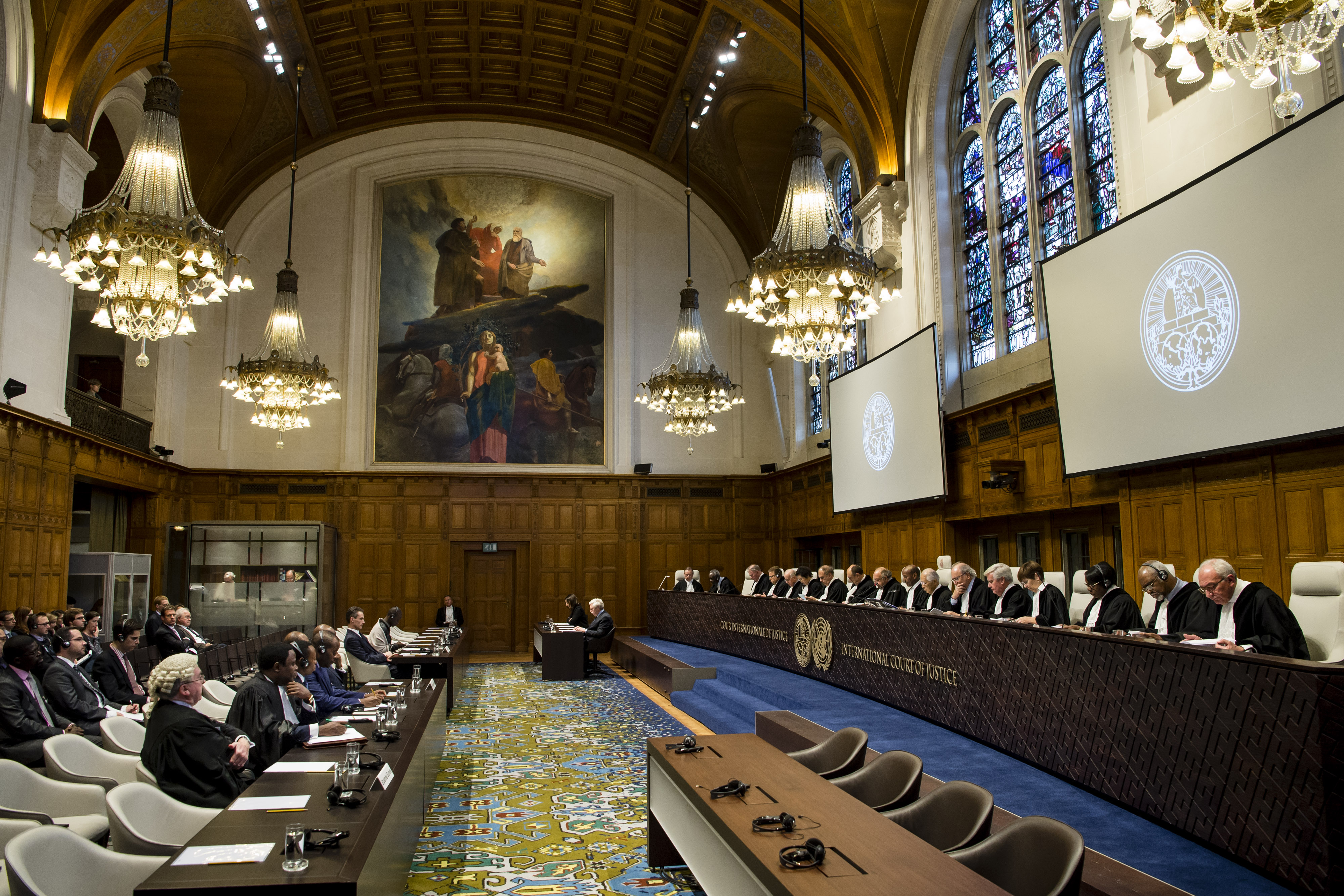Heller Responds to My Post on Syria and LOAC
Kevin Heller writes in with the following observation in response to my post yesterday on Syria/LOAC:
I liked your post on Syria and the ICRC, but this statement gave me pause: "The ICRC’s past and present approach to Syria, as noted above, emphasizes the notion that LOAC/IHL comes online only in relation to specific geographic locations rather than tracking the location of the forces operating on behalf of the parties to the conflict." Could you provide support for that claim?
Published by The Lawfare Institute
in Cooperation With

Kevin Heller writes in with the following observation in response to my post yesterday on Syria/LOAC:
I liked your post on Syria and the ICRC, but this statement gave me pause: "The ICRC’s past and present approach to Syria, as noted above, emphasizes the notion that LOAC/IHL comes online only in relation to specific geographic locations rather than tracking the location of the forces operating on behalf of the parties to the conflict." Could you provide support for that claim? The second statement in no way follows from the first; it is perfectly possible to maintain — as I do — that IHL is triggered "only in relation to specific geographic locations" where hostilities are adequately organized and intense while also maintaining that IHL permits a state to target anyone who participates in that conflict regardless of location, as long as they are exercising a continuous combat function in an organized armed group involved in the conflict or are directly participating in hostilities there (both of which, to be sure, become more evidentiarily problematic as the target becomes more geographically removed from the zone of conflict). I do not believe that the ICRC would disagree in any way with my position — unlike, say, someone like Mary Ellen O'Connell, with whom I completely disagree on these issues.A quick comment in response to one thing Kevin says above (i.e., his paranthetical observation that the evidentiary basis for determining whether a particular person is targetable becomes more problematic as one moves away from the battlefield). I'm not sure I agree with that, though I want to think about it more. I say this largely because, as one moves away from the battlefield, it may be the case that the state has much better capacity to gather information about the target in question. Of course, it may not be; the comparison would be highly contingent on the specifics of the circumstances both in and away from the zone of hostilities. In any event, I think it is helpful, analytically, to distinguish this quality/quantity-of-evidence point from the separate question of whether the categories of persons lawfully targetable (i.e., the set of characteristics/status/behavior that makes the person targetable in theory) begins to look different the farther one gets from the combat zone.
Robert (Bobby) Chesney is the Dean of the University of Texas School of Law, where he also holds the James A. Baker III Chair in the Rule of Law and World Affairs at UT. He is known internationally for his scholarship relating both to cybersecurity and national security. He is a co-founder of Lawfare, the nation’s leading online source for analysis of national security legal issues, and he co-hosts the popular show The National Security Law Podcast.





